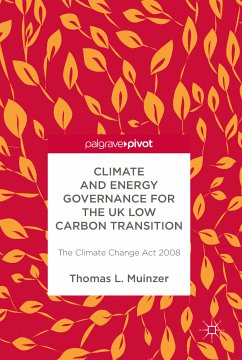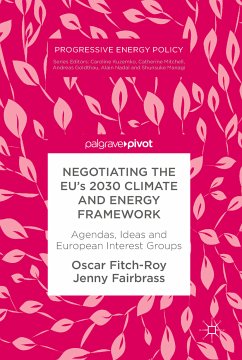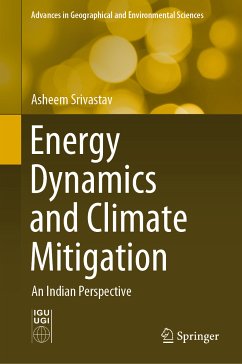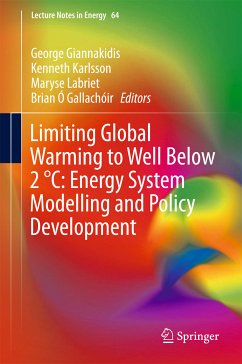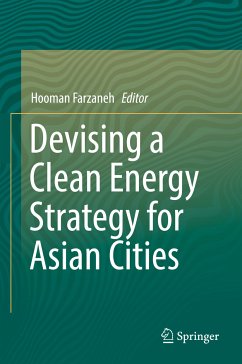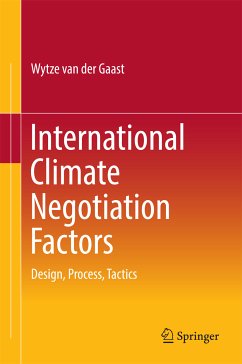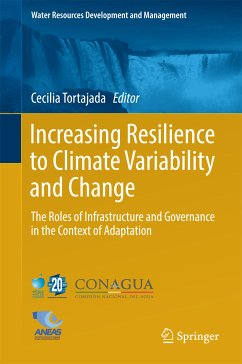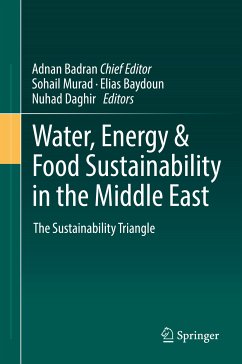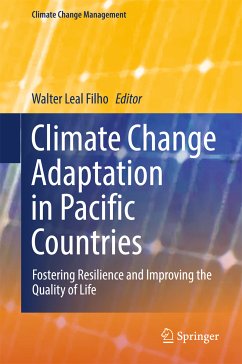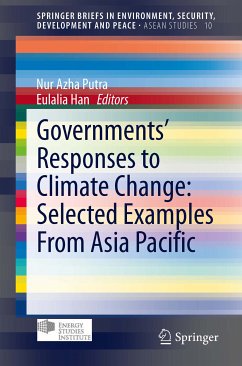
Governments' Responses to Climate Change: Selected Examples From Asia Pacific (eBook, PDF)
Versandkostenfrei!
Sofort per Download lieferbar
40,95 €
inkl. MwSt.
Weitere Ausgaben:

PAYBACK Punkte
20 °P sammeln!
This multidisciplinary volume articulates the current and potential public policy discourse between energy security and climate change in the Asia-Pacific region, and the efforts taken to address global warming. This volume is unique as it analyses two important issues climate change and energy security through the lens of geopolitics at the intersection of energy security. It elaborates on the current and potential steps taken by state and non-state actors, as well as the policy innovations and diplomatic efforts (bilateral and multilateral, including regional) that states are pursuing. This ...
This multidisciplinary volume articulates the current and potential public policy discourse between energy security and climate change in the Asia-Pacific region, and the efforts taken to address global warming. This volume is unique as it analyses two important issues climate change and energy security through the lens of geopolitics at the intersection of energy security. It elaborates on the current and potential steps taken by state and non-state actors, as well as the policy innovations and diplomatic efforts (bilateral and multilateral, including regional) that states are pursuing. This Brief stems from the assumption that its audience is aware of the consequences of climate change, and will therefore, only look at the issues identified. It provides a useful read and reference for a wide-range of scholars, policymakers, researchers and post-graduate students.
Dieser Download kann aus rechtlichen Gründen nur mit Rechnungsadresse in A, B, BG, CY, CZ, D, DK, EW, E, FIN, F, GR, HR, H, IRL, I, LT, L, LR, M, NL, PL, P, R, S, SLO, SK ausgeliefert werden.



